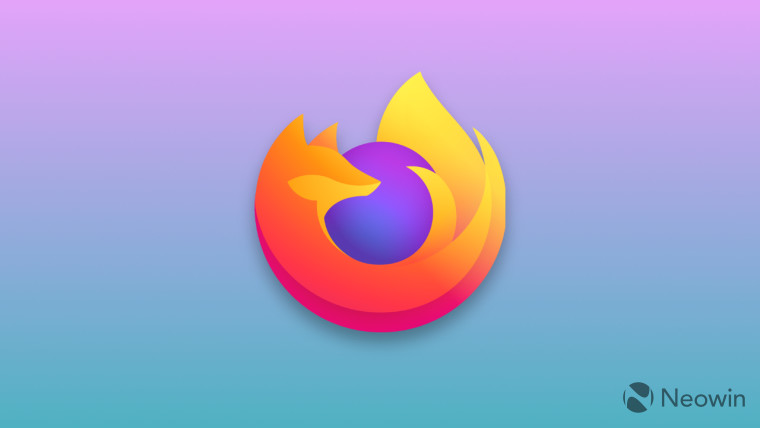
For users who frequently browse the web on their Android tablets, a recent update to Mozilla"s Firefox browser changes how websites are displayed. According to the release notes for the latest version of Firefox for Android, v133 now automatically loads websites in their desktop versions by default.
Previously, Firefox for Android defaulted to displaying websites in their mobile-optimized versions on larger-screen devices. This led to a suboptimal browsing experience, as mobile websites often appear cramped and poorly formatted on larger screens. The latest update aims to rectify this issue.
While the desktop mode update is a welcome change, it"s important to note that not all websites are optimized for desktop viewing. Some websites may display formatting issues or layout problems when viewed in desktop mode. However, Firefox allows users to manually switch between mobile and desktop modes through the Site Settings menu.
From the release notes:
Desktop mode browsing is now enabled by default for large devices. This can be controlled via a preference under Settings in "Site settings" previously named "Site permissions".
This update brings Firefox closer to its rival, Google Chrome, which introduced a similar feature for premium Android tablets last year. However, Firefox takes it a step further by enabling desktop mode for all large-screen Android devices, including foldables. This means that users of devices like the Pixel 9 Pro Fold can now enjoy a full desktop browsing experience, unlike Chrome, which currently doesn"t support this feature on foldables.
Beyond the desktop mode update, Firefox v133 also introduced a new privacy feature that aligns with Android"s clipboard masking capabilities. Content copied from Firefox"s Private Browsing mode will now be marked as "sensitive" by default. This prevents snippets of copied text from appearing in notification previews, adding an extra layer of privacy for private browsing users.
Via 9to5Google